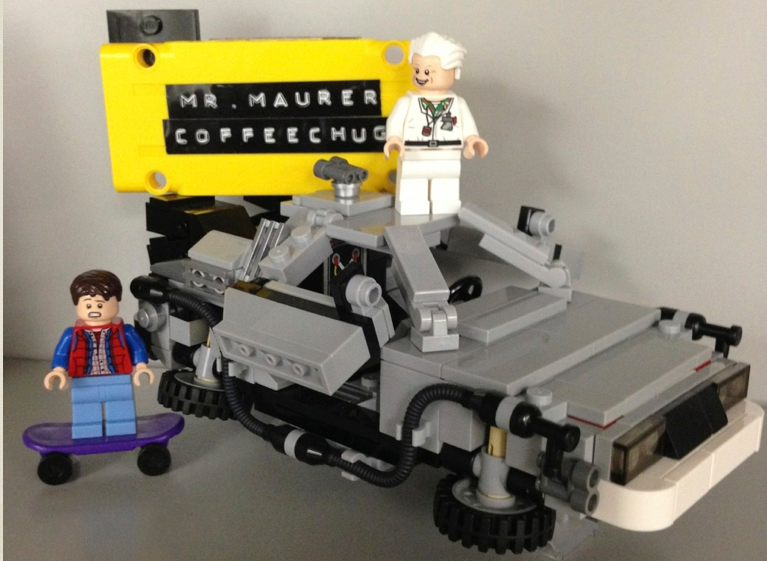NAGC Conference Notes: Neuroscience For Gifted Students: Using Biofeedback in flow visualization
This was a very interesting session. If you have never met or listened to Dr. Barbara Kerr, then you are in for a treat. I was lucky enough to meet her briefly via an introduction from the awesome Ginger Lewman and therefore I had to attend her session. The title intrigued me and it felt like something new and invigorating.
This was research shared and conducted from the CLEOS Project. Below are my notes from the session as well as my own thoughts mixed in.
If you want to know more about the CLEOS Project and what they do, then check the link above. It might make the following notes make sense a bit more.
Flow is a consciousness state that occurs when all a person's attention is focused on a creative task. It occurs when an individual's expertise, or skill level is equal to the task difficulty. When a person is in flow time becomes distorted, self consciousness decreases and actions seem effortless.
I found this information above interesting. I have been in flow before. Often times when I get so focused on a task or a new idea(like my gifted screening idea) and I am just pouring over my notes and writing and gathering information I find that time just flies by. I have also been immersed in a project and next thing you the know it is 1 am. She did clarify that "junk flow" is different from flow. Junk flow would be when time flies by while watching tv or playing video games. This is something different.
One thing that popped up all the time was the notion of video games. I always feel like video games get slammed at sessions like these. I often wonder why video games would not be considered flow? A person could be using their brain quite a bit while playing video games. I am not advocating massive hours of video gaming, but why is there always a notion of moving video games out of the gifted and education realm? The same thing happens when researchers talk about gifted kids having the time to pursue their passions. My son is not gifted, but his current passion is video games. He loves Minecraft and building worlds. Why is this deemed as invaluable? Why is this passion any different from a passion of someone else? Who gets to make these distinctions? It is a notion that drives me crazy. Perhaps there is research to show why video games don't count in these discussions, but I always question this thought process.
Okay, back to my notes......
All eminent people can be identified by 16 years old. Torrance tests are too expensive. Behaviors are best predictors. I need to follow up on this note of 16 years old. I cannot remember the examples she shared, but I know there was research behind this statement.
Meyer Briggs test does not identify deep enough to find individual talents. 75% of gifted are ENFP, but within that realm there is so much difference among the gifted.
CLEOS uses EEG and HR biofeedback to help guide students towards fulfilling non-traditional careers. It provides visual feedback to help show the gifted how their brain works. It helps prove to them during their self doubts.
One hallmark of creativity is uneven performance when you see scores all over the place.
When we have a A-HA moment our brain gives off gamma bursts.
2 minutes given to visualize themselves in a flow state. The person imagines themselves doing their "passion" that places them in a flow state of mind. They will focus on sights, sounds, smell, taste, body sensation, etc. The person is then shown the EEG/HRV output and discuss what they see.
From here I quit taking notes after we did an experiment of our own. We downloaded the My Heart Rate App. We had the app focus on our face. We stared at our image to get a baseline. We then were asked questions with our eyes open. Next we closed our eyes. Finally, we just focused. It was cool to watch our HR go up and down. It was amazing how just closing our eyes brought our HR down right away.
All in all it was a good session. I am not sure I took anything away to use in my classroom, but it opened my eyes to the research being done. Once again looking at the idea of brain research merging with education as we continue to learn more and more. This weird futuristic merging of fields is right around the corner.
The feedback that the students get from this process is the following:
1. They learn that flow is real and it is not some imaginary thing.
2. They are able to see flow states between a busy mind and relaxation states.
3. When they reflect they can begin to figure out how to make the link between positive emotions and creative work.
4. When they reflect they can use flow to make career decisions.

No comments:
Post a Comment